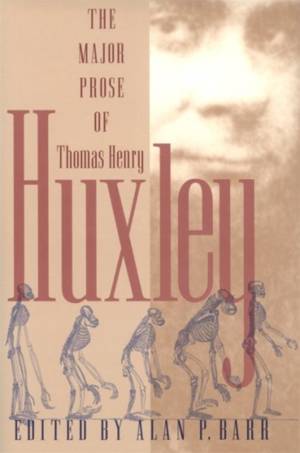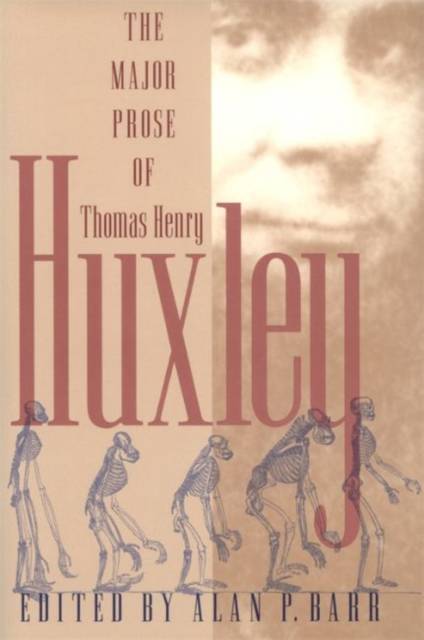
- Retrait gratuit dans votre magasin Club
- 7.000.000 titres dans notre catalogue
- Payer en toute sécurité
- Toujours un magasin près de chez vous
- Retrait gratuit dans votre magasin Club
- 7.000.000 titres dans notre catalogue
- Payer en toute sécurité
- Toujours un magasin près de chez vous
Description
Thomas Henry Huxley (1825-1895) was one of the intellectual giants of Victorian England. Initially a surgeon by training, he became the principal exponent of Darwinism and popularizer of "scientific naturalism." His public advocacy of evolution, the voice he gave to science as a dignified and vital profession, the powerful offices he held in its societies, and the many volumes he published of and about science made Huxley among the most influential of all nineteenth-century figures in the history of science.
Huxley was a prolific essayist, and his writings put him at the center of intellectual debate in England during the latter half of the nineteenth century. Alan P. Barr's edition of The Major Prose of Thomas Henry Huxley fills a very real and pressing chasm in history of science books, bringing together almost all of Huxley's major nontechnical prose, including Man's Place in Nature and both "Evolution in Ethics" and its "Prolegomena."Spécifications
Parties prenantes
- Auteur(s) :
- Editeur:
Contenu
- Nombre de pages :
- 392
- Langue:
- Anglais
- Collection :
Caractéristiques
- EAN:
- 9780820318646
- Date de parution :
- 01-07-97
- Format:
- Livre relié
- Format numérique:
- Genaaid
- Dimensions :
- 163 mm x 237 mm
- Poids :
- 716 g







